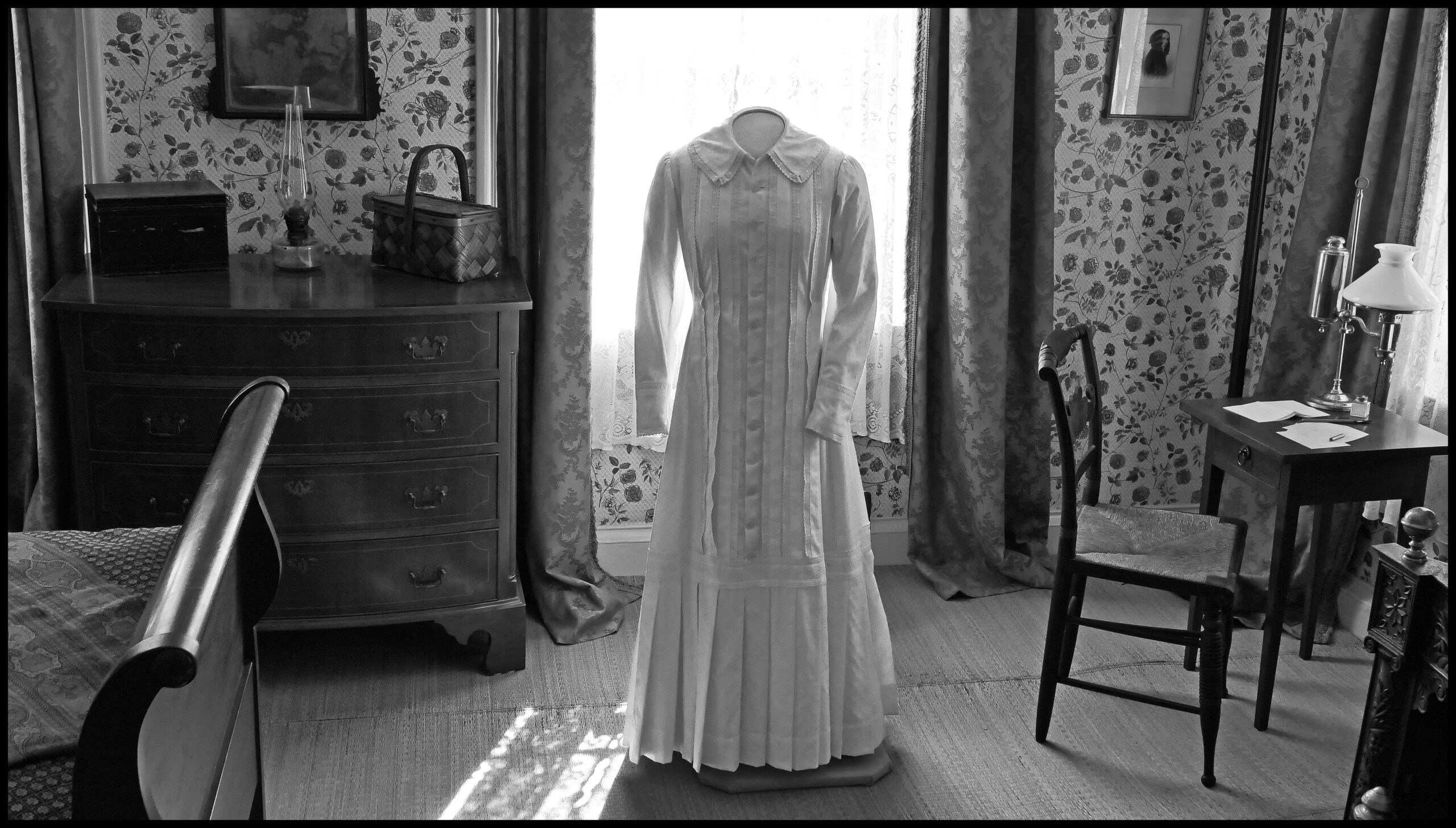Poem by EMILY DICKINSON
Translated into Spanglish by ILAN STAVANS
Soy Nobody
Translation by Ilan Stavans
Soy Nobody! Quién eres tú?
Eres – Nobody – too?
Then somos pareja!
Silencio! lo anunciarán – you know!
Cuán dreary – ser – Somebody!
Cuán public – como un Frog –
Decir one’s nombre – el siempre June –
Al impresionable Bog!
(260)
By Emily Dickinson
I’m Nobody! Who are you?
Are you – Nobody – too?
Then there’s a pair of us!
Don’t tell! they’d advertise – you know!
How dreary – to be – Somebody!
How public – like a Frog –
To tell one’s name – the livelong June –
To an admiring Bog!
Emily Dickinson was born on December 10, 1830, in Amherst, Massachusetts. While Dickinson was extremely prolific and regularly enclosed poems in letters to friends, she was not publicly recognized during her lifetime. The first volume of her work was published posthumously in 1890 and the last in 1955. She died in Amherst in 1886. Upon her death, Dickinson’s family discovered forty handbound volumes of nearly 1,800 poems.
Ilan Stavans is Lewis-Sebring Professor of Humanities, Latin America and Latino Culture at Amherst College. He is the author of the award-winning, book-length poem The Wall (2018) and the translator into English of Jorge Luis Borges and Pablo Neruda and into Spanish of Emily Dickinson and Elizabeth Bishop, among others.



